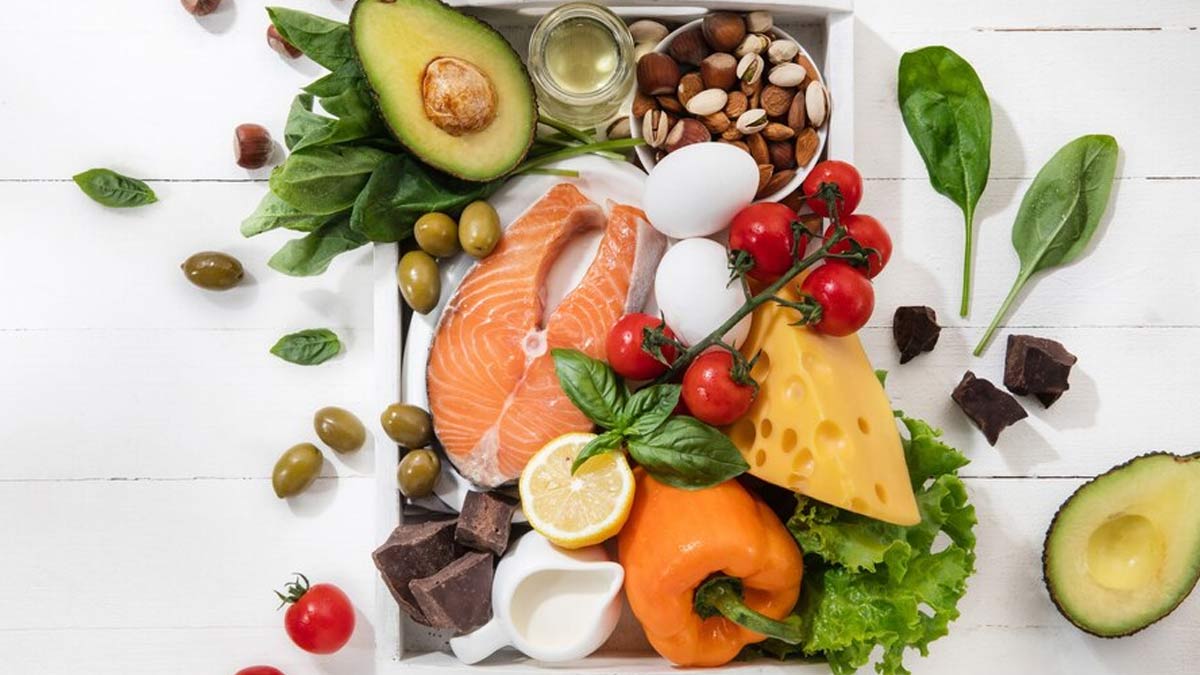
Protein is an integral part of a balanced diet. It is made up of more than twenty different building blocks called amino acids, which help build lean muscles, speed up recovery after injury, reduce muscle loss, and also promote weight loss.
Table of Content:-
In general, adults require 0.8 grams of protein a day for every kilogram they weigh, as recommended by the National Academy of Medicine. This can be fulfilled by a protein-rich diet, which can comprise a combination of plant and animal sources. But what of people who either only get their daily protein requirements from plant or animal products alone? Does it make a difference in where the protein is gained? The OnlyMyHealth team spoke to Dr Preeti Nagar, Dietician at Noida International Institute of Medical Sciences and Hospital (NIIMS), NIU, to get some answers.
Also Read: Protein-Rich Foods That Help Reduce Your Risk Of High Blood Pressure or Hypertension
Animal Protein Benefits

When it comes to building muscles, animal protein does wonders. It is a good source of complete protein with all essential amino acids and is rich in various nutrients, including vitamin B12 and iron. Additionally, proteins from animal products, including meat such as chicken, beef, and fish, eggs, and dairy products like milk, cheese, and yoghurt, can also increase satiety, promoting overall weight loss goals.
Plant Protein Benefits

Plant-derived protein contains a high concentration of minerals, fibre, and antioxidants, all of which can benefit overall health, says Dr Nagar. They can be found in a wide range of foods and are derived from various plant sources, including:
- Legumes such as lentils, peas, and beans
- Soybeans
- Nuts and seeds such as walnuts, almonds, peanuts, chia seeds, flaxseeds, and pumpkin seeds
- Whole grains such as whole wheat, bulgur, quinoa, brown rice, and oats
- Soy goods, such as tofu and soy milk
- Vegetables
As compared to animal proteins, plant products are considerably lower in saturated fats and cholesterol, which help reduce a person’s risk of cardiovascular diseases. In fact, plant proteins like legumes are high in fibre, potassium, and magnesium, which can help regulate blood pressure.
Plant Vs. Animal: Does It Make A Difference Which Protein Source You Choose?

According to Dr Nagar, it makes a significant difference whether we gain our protein from plants or animals.
While there is no specific criteria to define which is "better” of the two, both protein sources have their own unique properties that make them beneficial for the human body.
Animal proteins frequently consist of all of the necessary amino acids, which are easily absorbed by the body and digestive system. However, some animal products are high in saturated fat and cholesterol, which makes them harmful for health.
On the other hand, plant proteins are not usually sufficient sources of amino acids, but due to their rich antioxidant properties, they are said to reduce the risk of heart disease, stroke, and early death, says Dr Nagar.
Also Read: Expert Tells Reasons To Eat More Protein Daily
Conclusion
The bottom line, however, is that a healthy diet can include both plant and animal proteins.
Which protein source you choose mainly depends on your personal dietary demands, ethical convictions, health issues, and environmental considerations.
“Some people may select plant-based proteins for ethical reasons or because of their health benefits from a plant-based diet. Others may prefer animal proteins due to their complete amino acid profiles or personal taste preferences,” Dr Nagar concludes.
Also watch this video
How we keep this article up to date:
We work with experts and keep a close eye on the latest in health and wellness. Whenever there is a new research or helpful information, we update our articles with accurate and useful advice.
Current Version
